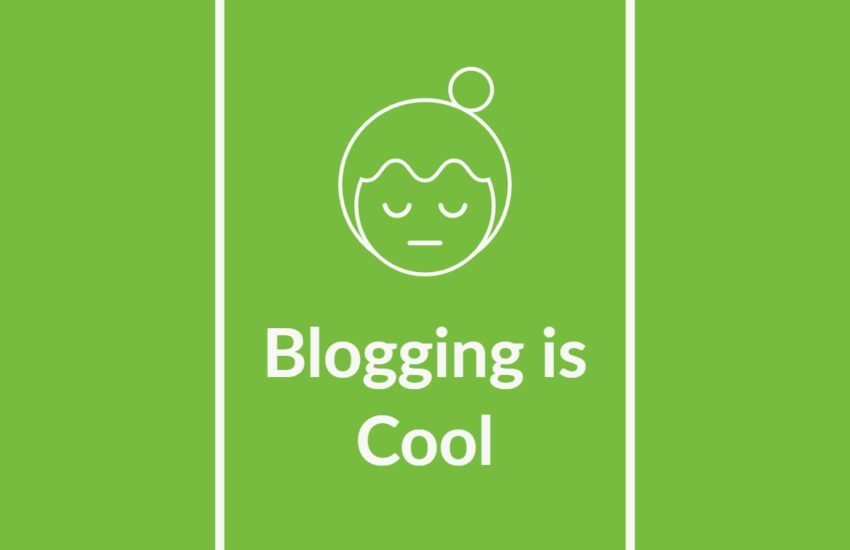Lifehacker as an Inspiration for Your Blog
- Why Lifehacker as Inspiration?
- History of Lifehacker
- 1. Founding (2005)
- 2. Acquisition by Gawker Media (2005)
- 3. Lifehacker’s Core Content
- 4. Expansion of Topics and Sections
- 5. Featured How-To Guides
- 6. Lifehacker U
- 7. Reader Engagement and Community Participation
- 8. Mobile Apps and Podcasts
- 9. Ownership Changes (2016)
- 10. Adaptation to Digital Trends
- Conclusion
Why Lifehacker as Inspiration?
Founded in 2005 by Gina Trapani, this blog provides tips and tricks to make life easier.
It was acquired by Gawker Media in 2005 and then by Univision Communications in 2016. Its estimated revenue is $5 million.
Lifehacker is a popular lifestyle and productivity blog that provides tips, tricks, and advice on various aspects of daily life.
History of Lifehacker
This is a brief history of Lifehacker, which should help you understand why we are in awe of Lifehacker and view it as a learning and inspiration story. Here is some of its history:
1. Founding (2005)
Lifehacker was launched in 2005 by Gina Trapani, a tech writer and blogger. The site quickly gained popularity for its practical and innovative tips designed to help readers optimize and simplify their daily routines.
2. Acquisition by Gawker Media (2005)
Shortly after its launch, Lifehacker was acquired by Gawker Media, the same company that owned Gizmodo and other popular blogs. This acquisition provided Lifehacker with additional resources and exposure within the Gawker network.
3. Lifehacker’s Core Content
Lifehacker’s core content revolves around tips and hacks for various aspects of life, including technology, productivity, health, finance, and personal development. The site aims to empower readers with practical advice to make their lives more efficient and enjoyable.
4. Expansion of Topics and Sections
Over the years, Lifehacker expanded its coverage to include a wide range of topics. Sections such as “Two Cents” focused on personal finance, while others delved into tech, health, food, and lifestyle. This diversification allowed the site to cater to a broader audience.
5. Featured How-To Guides
Lifehacker is known for its detailed how-to guides that provide step-by-step instructions on various tasks. Whether it’s technology-related tutorials, DIY projects, or cooking tips, Lifehacker’s guides aim to make complex tasks more accessible.
6. Lifehacker U
Lifehacker U was a series that highlighted online courses and educational resources. It provided readers with recommendations for expanding their skills and knowledge in diverse areas, from coding to language learning.
7. Reader Engagement and Community Participation
Lifehacker encourages reader engagement through comments, discussions, and contributions. The site has fostered a community where readers share their own tips and experiences, creating a collaborative environment.
8. Mobile Apps and Podcasts
Lifehacker developed mobile apps for iOS and Android, providing readers with on-the-go access to articles and tips. Additionally, the site ventured into podcasting, offering audio content on various lifehacks and topics of interest.
9. Ownership Changes (2016)
In 2016, Gawker Media filed for bankruptcy following a lawsuit, and Univision Communications acquired the assets, including Lifehacker. The site continued its operations under the new ownership.
10. Adaptation to Digital Trends
Lifehacker has adapted to digital trends by incorporating multimedia content, including videos and interactive features. This adaptation aligns with changing media consumption habits and enhances the overall reader experience.
Conclusion
Lifehacker’s history is marked by its commitment to providing practical advice and useful tips to help individuals navigate various aspects of their lives. Its approachable and informative content has resonated with a diverse audience seeking actionable insights to improve their daily routines.


